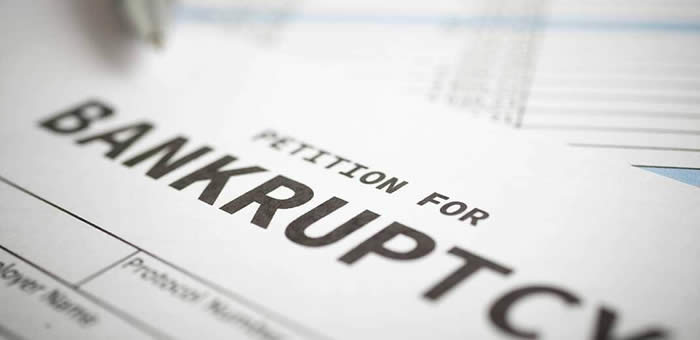How to Rebuild Your Credit After Bankruptcy

Rebuilding credit after bankruptcy is a slow, gradual process and demands a great deal of effort and perseverance. But, if you’re persistent, it’s very possible to improve your credit and create a solid financial future. In the rebuilding process, there are many, many steps that can be taken to better one’s situation; in this post, we will discuss three steps that can be considered among the most effective for improving credit. If you employ these strategies, you’ll be on your way to recovering from bankruptcy and developing a good credit report.
Create a Budget Based on Your Current Finances
No matter the specifics, it’s almost a certainty that poor budgeting plays a role in nearly every bankruptcy. Think about it. If someone is managing their finances wisely, it’s not likely that an unexpected expense will lead someone to declare bankruptcy. In most cases, bankruptcy results from poor financial management, bad spending habits, risky behavior or some combination of them. Those seeking to recover financially from bankruptcy need to sharpen their fiscal managerial skills. It would behoove them to also create a budget based on their current income level.
When creating a budget, using an excel spreadsheet or other computer programs may be helpful. Markdown your current income and recurring expenses. Next, develop periodic savings goals (i.e. weekly, bi-weekly, monthly, bi-monthly, etc.) so that you can create a sizable emergency fund. That will help you deal with unexpected expenses. Many Americans find themselves in a difficult financial situation merely because they failed to adequately prepare themselves for the unexpected. Once your budget is created, you’ve taken a major step toward improving your financial situation. Coincidentally, you’ve also moved forward with improving your credit. Your budget will ensure that you’re able to meet your recurring payments on time. It also ensures that you won’t be blindsided by any unfortunate financial downturns.
Rebuild Credit After Bankruptcy With A Secured Credit Card
After creating a budget, you’ll want to obtain a credit card. That’s important because it begins demonstrating your reliability as a credit consumer. Obtaining a traditional unsecured credit card will be extremely difficult, however, immediately after your bankruptcy. Most likely, a secured card is the only option in the majority of cases. A secured credit card is simply a credit card secured by advance cash payments made to the card-holding company.
In effect, using a secured credit card is functionally equivalent to spending money which you already have. In this instance, the money is have already paid to the card-holding company. Significantly, the goal is to make payments on the card after purchases in order to restore your full balance available. Over time, this demonstrates your financial reliability. When you use your card, you’ll want to make sure to pay your balance in full every cycle. That way, your credit score gradually improves. Then, when your score rises, you will eventually be able to obtain an unsecured credit card.
Obtain an Unsecured Personal Loan
Regularly meeting multiple payment deadlines is a great way to raise your credit profile quickly. What’s more, it’s also beneficial to have different types of debt on which you’re making regular payments. Toward this end, you should do more than just procure a secured credit card. You should also try to obtain a small unsecured personal loan. This loan may be a bit difficult to obtain. You may even need to approach more than one bank before you find a taker. Nonetheless, with effort, you should be able to locate a willing lender.
Make Timely Loan Payments
Whatever you spend the loan money on, be certain that you make your loan payments on time. Even one late payment can damage your credit. That’s definitely something you don’t need when you’re in a rebuilding phase. When you eventually pay off the loan, it will look good on your credit report. It will also contribute toward an improved credit score. Ultimately, you’ll be looking at more favorable rates for auto loans, mortgages, and other types of debt.
